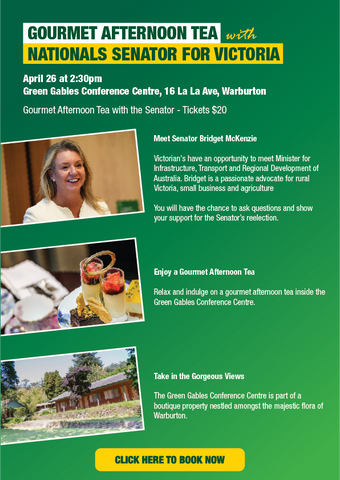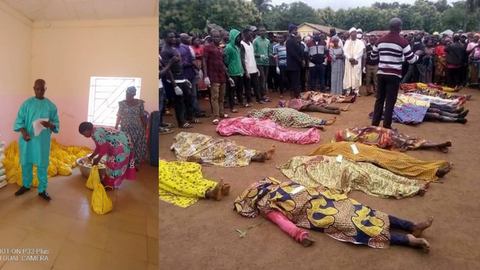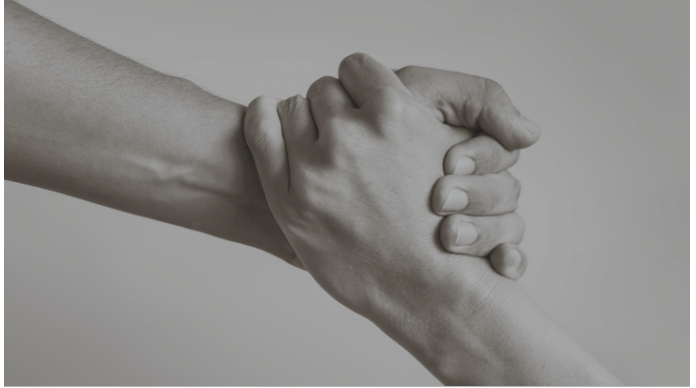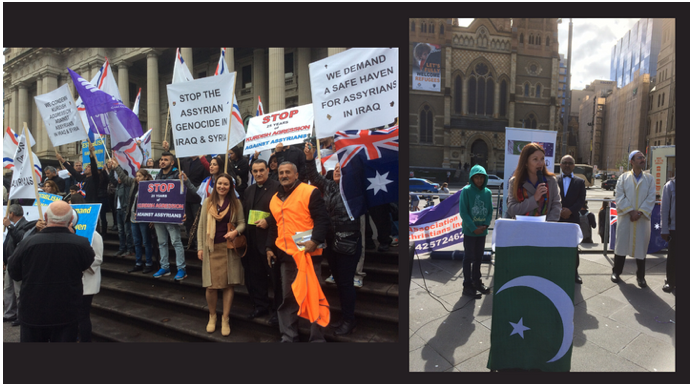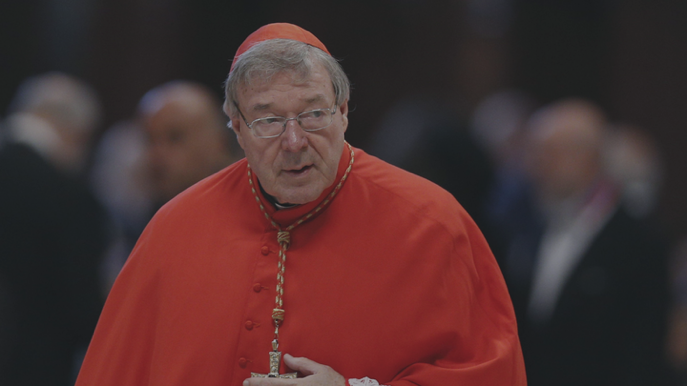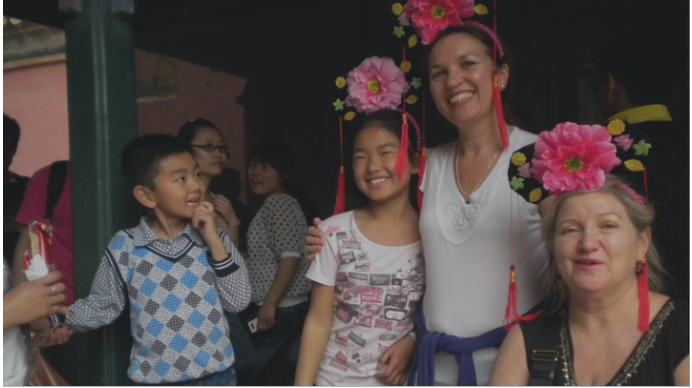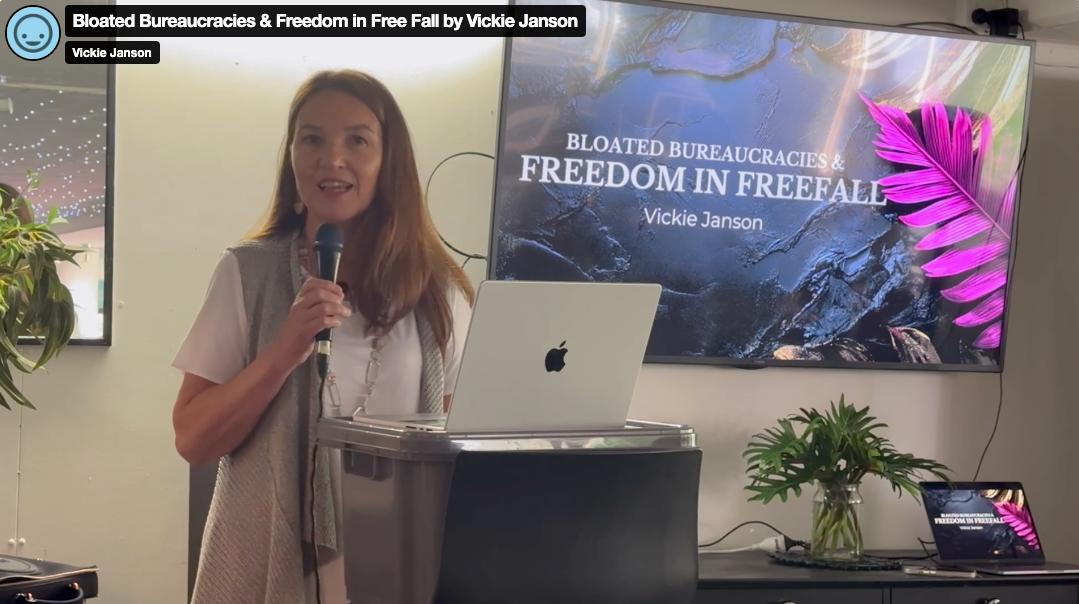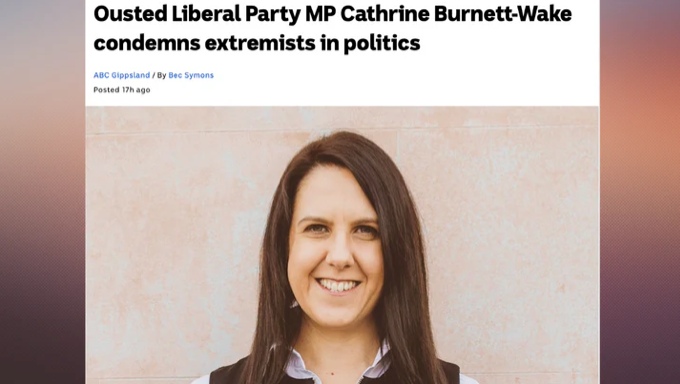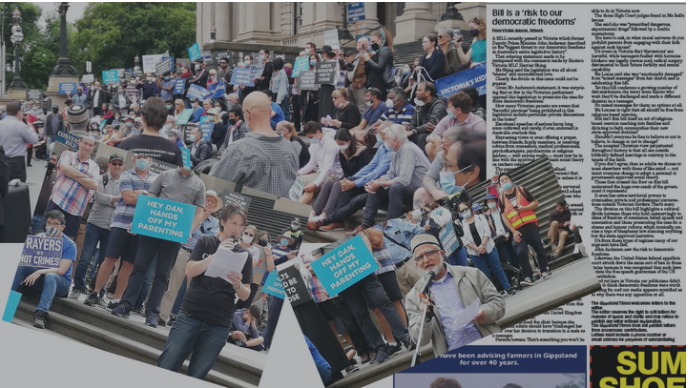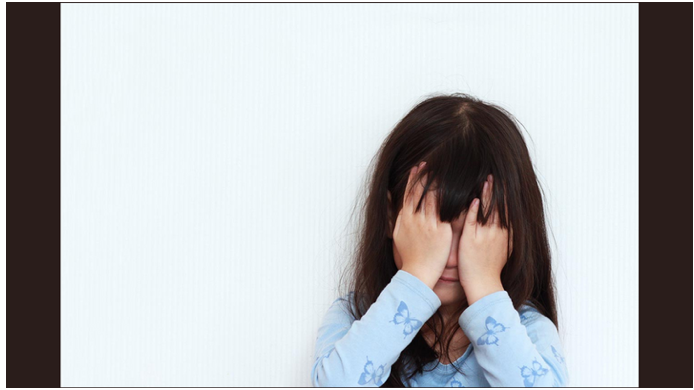Public Health & Porn: Sometimes You Have to Talk About It
Porn addiction might be considered an ‘eating disorder’ of another kind. It’s the wrong kind of brain food for the developing brain, literally short circuiting healthy emotional and behavioural responses toward intimacy. It’s about porn trigging neuroplasticity changes and neurochemical release of naturally occurring hormones, often resulting in addiction and disorders. Porn is toxic for our children!
Recently in Sydney at the ‘ Building Digital Resilience Conference ’, a cross section of experts shared their thoughts about this unprecedented crisis affecting the development of children and teens, and offered solutions on how to tackle porn as a child safety concern rather than a censorship approach.
The presenters didn’t agree on everything, but they did agree on pornography as a potentially addictive ‘super-stimulus’ and serious public health issue. It was noted that our kids are in the middle of a porn epidemic and in need of education to inoculate them against its harmful impacts. This is a predatory industry that doesn’t just fuel human trafficking, but adds untold misery to a child’s human experience, normalising pain and trauma and increasing social anxiety.
The narrative or sexual scripts presented in mainstream porn is the antithesis to forming respectful relationships and healthy sex lives. Sadly, porn appears to be our youth’s main sexual educator and kids are viewing it earlier than ever before. Liz Walker presented data showing a 2019 study confirming that 65.5% of boys and 30% of girls first viewed porn by age 12 or younger. What they are being conditioned to, and potentially addicted to, is super-stimulus novelty, sexual aggression and dehumanizing behaviours that objectify sexual partners. That can’t be good for building healthy relationships, families or communities. Yet unlike tobacco, alcohol and gambling, there is little education about harms to porn users. Porn sites easily accessed by minors display explicit images including teen sex, brutality, rape and torture, yet offer no warning about the risk of trauma and addiction.
According to Dr Michael Flood , porn impacts how we treat others, shapes men’s sexual scripts and is ‘bad for men’s relationship with women.’ Flood went as far as to coin the phrase ‘rape training’ in his assessment of the influence of porn on youth. That’s an important message for educators and policy makers. Studies of best-selling porn videos confirm around 90% include gagging, choking and slapping, mainly directed at females; and with the increase in child on child violence, young adult sexual violence and violence against women, it appears copycat aggression is a real issue. Yet with all the public discussion and activism around increasing violence against women and the money spent on ways to address this, one must ask why we aren’t talking about the harmful impact of porn which incites some users. It’s not rocket science, but that’s not to say there isn’t plenty of science to support addressing this phenomena.
Like any other addiction, broken people who think they have no hope of freedom from their addiction suffer greater depression and are committing suicide. U.S. presenter Gabe Deem runs Rebootnation.org , an online forum that helps addicts and their partners overcome problems related to porn use. Deem personally confessed that he got to a point of ‘no hope’, believing he might be ‘broken’ forever and unable to have a normal sexual relationship. Thankfully, that wasn’t the case but at 23, his physical recovery to regain sexual function still took 9 months. He said it’s not just the content of pornography but the neuroplasticity of the brain, the ability of the brain to change, that leads to addiction , porn induced erectile dysfunction, extreme fetishes and other sexual disorders. Fortunately, neuroplasticity also allows for healing as new pathways are created in the brain to think differently during the reboot process.
Porn use is not just a flirtatious fling with fantasy but a detrimental habit taking its toll on young people socially, emotionally, mentally and also physically. Interviewees of various studies frequently cite pornography as the explanation for anal sex. There is an increase in interest in heterosexual anal sex which is clearly due to conditioning by porn, despite it often appearing ‘painful, risky and coercive, particularly for women.’ I was first confronted with the impact of this normalization of (heterosexual) anal sex and what this meant for young girls at the 2016 ‘ Pornography & Harms to Children and Young People Symposium.’ At this event, retired Policewoman Susan McLean, testified that GP’s are seeing young girls presenting with injuries from trying to emulate the acts that they have seen online or they are pressured into trying. eChildhood’s Liz Walker, puts it more bluntly. Young girls are being ripped apart.
Porn can no longer be viewed as harmless entertainment offering a ‘peek-a-boo’ experience. It’s gone well beyond that with images that will even traumatize a mature adult. As Walker says of our pornified culture, “we didn’t vote for it.” She points out that according to the World Association for Sexual Health (WAS) Declaration on Sexual Rights, we have a right to be ‘free from torture and cruel, or inhuman, or degrading treatment or punishment’ and a right to be ‘free from all forms of violence and coercion.’ Yet that’s actually the essence of mainstream pornography; the key educator of kids shaping their sexual attitudes and driving their sexual behaviours. Those most vulnerable to addiction of any kind are those who have already suffered trauma and as Walker highlights , the impact of exposure to porn can induce trauma and premature sexualisation – a form of child sexual abuse itself. But you don’t have to have ‘issues’ to be enticed into porn use. As a 12-year-old porn user, Deem maintains it’s not about issues but about curiosity and opportunistic viewing.
Restricting access implies censorship, yet this conference was not about censorship or shaming but simply about child safety. Keeping kids safe is in the public interest for a whole lot of reasons, but many might argue it’s just the right thing to do. There’s not a ‘single’ solution but a whole range of them. eChildhood’s Public Health Umbrella advocates Digital Solutions, Legislation and Policy Solutions, Education Solutions and Therapeutic Solutions, with a digital solution on the table right now. It’s called Age Verification and you can read all about it here.
Age Verification is a Digital Child Protection Buffer underpinned by legislation which places responsibility on the suppliers of pornography to ensure the customers using their sites have been age verified by a third-party secure site. This solution has been legislated in the UK and rolling out early 2020, creating penalties for those online pornographers who are non-compliant by blocking access to Internet Service Providers (ISPs) and financial services. Most importantly, it stops minors from gaining access to potentially traumatizing images they can’t ‘unsee.’
The Australian Federal Government has announced an inquiry into age verification for online wagering and online pornography and you can support this by making a submission. If you believe that every child deserves a porn-free childhood, I encourage you to do so. You can even download step-by-step guidance on how to make your submission courtesy of eChildhood— it must be received by Friday 25 October 2019 . People don’t want to talk about porn, but our policy makers need to hear the voices of ordinary Australians who care about this. It’s a public health issue we can no longer avoid talking about—and this government inquiry is a rare window of opportunity to take action on behalf of our kids.
___
